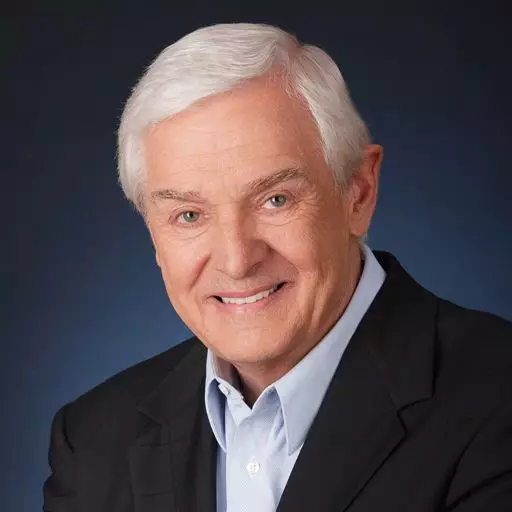Despite NASA photographs showing the earth to be an orb, there are still people who believe the earth is flat.
There have been Elvis Presley “sightings” for forty years, despite his 1977 death. Some doubt he’s really “left the building.”
There are those who doubt that the U.S. has sent astronauts to the moon. All staged, they say.
On an offensive note, Holocaust deniers doubt that the Nazi Holocaust took place in Germany—despite pictures, camps, witnesses, and victims who escaped.
On par with Holocaust deniers are those who doubt the September 11, 2001, terrorist attacks on the U.S. were perpetrated by foreign national terrorists or who believe that terrorists were hired by the U.S. government to create a reason for us to go to war in the Middle East.
Because of such outlandish examples of doubt, the notion of doubting has received a bad name. We hesitate to question or ask for evidence, especially regarding God or spiritual matters.
One extreme is the person who says, “I’ll believe it when I see it,” demanding evidence—not faith. The other extreme is the person who says, “I’ll see it when I believe it,” believing that lack of faith is the reason God doesn’t work in our life—for example, when it comes to physical healing. They tend to deny visible evidence.
The biblical position is summarized in 2 Corinthians 5:7: “For we walk by faith, not by sight.” It’s a verse cited by those who feel it’s a sin to question or doubt. But Paul was referring to heaven—though we can’t see it, we walk toward it by faith. That doesn’t mean it’s wrong to question or have doubts about the promises of God’s Word. Doubts can spur us to move deeper into our pursuit of God. When questions are answered, we’re forced to fall and worship before the One who can answer all questions and relieve all doubts. This happened to Thomas—the disciple who demanded evidence Jesus was alive and risen from the dead. History has been unfair to Thomas. Indeed, his search for evidence may contain lessons for us all.
Doubting Thomas
On the evening of the Resurrection day, Jesus appeared in person, showing them His wounds (John 20:19-20). They all believed—they saw evidence. But Thomas wasn’t there (verse 24). When Thomas was told of this, he doubted. He refused to believe unless he could see and touch Jesus’ wounds (verse 25). Thomas is often portrayed as the only one who demanded proof. But the others had already seen it! They might have doubted if they hadn’t seen Jesus in person. We need to cut Thomas some slack.
A week later, Jesus appeared to all the disciples—including Thomas, who saw and touched Jesus’ wounds. Thomas doubted, God provided answers, and he believed (verses 26-28).
Jesus said, “Because you [and the other eleven disciples] have seen Me, you [and the other eleven disciples] have believed. Blessed are those who have not seen and yet have believed” (verse 29). All twelve of the disciples believed based on firsthand evidence. Some interpret Jesus’ words as a put-down of Thomas: “You should have believed without seeing Me.” Wrong—if that was true of Thomas, it would have also been true of the other disciples. Instead, Jesus was referencing a very limited number of people in Jerusalem who had heard about and believed the Resurrection and those in the next two thousand years who would believe without seeing their risen Lord. Jesus wasn’t putting Thomas down. He knew Thomas wasn’t afraid to ask good questions and voice doubts (John 2:25). In fact, Thomas was just being diligent.
Diligent Thomas
Was Moses doubting, or being diligent, when he questioned whether God would empower him when confronting Pharaoh (Exodus 4:1-7)? Was Luke doubting, or being diligent, when he wouldn’t write his Gospel account until he had “investigated everything carefully” (Luke 1:3, NASB)?
God invites His people: “Come now, and let us reason together” (Isaiah 1:18). Jesus welcomed the disciples’ questions as teaching moments (Matthew 13:10). For arrogant and accusatory doubts and questions like those of the Pharisees, answers are not forthcoming. Conversely, humble and sincere doubts and questions draw us deeper into the depths of the God who desires we know Him better. Let doubts be fuel for diligent pursuit of God’s truth. Like Thomas, let your question marks be transformed into exclamation points as you seek and find answers, satisfying your heart and mind (John 20:28).
David Jeremiah is the senior pastor of Shadow Mountain Community Church and the founder and host of Turning Point for God. For more information about Dr. Jeremiah or Turning Point, visit www.DavidJeremiah.org.


